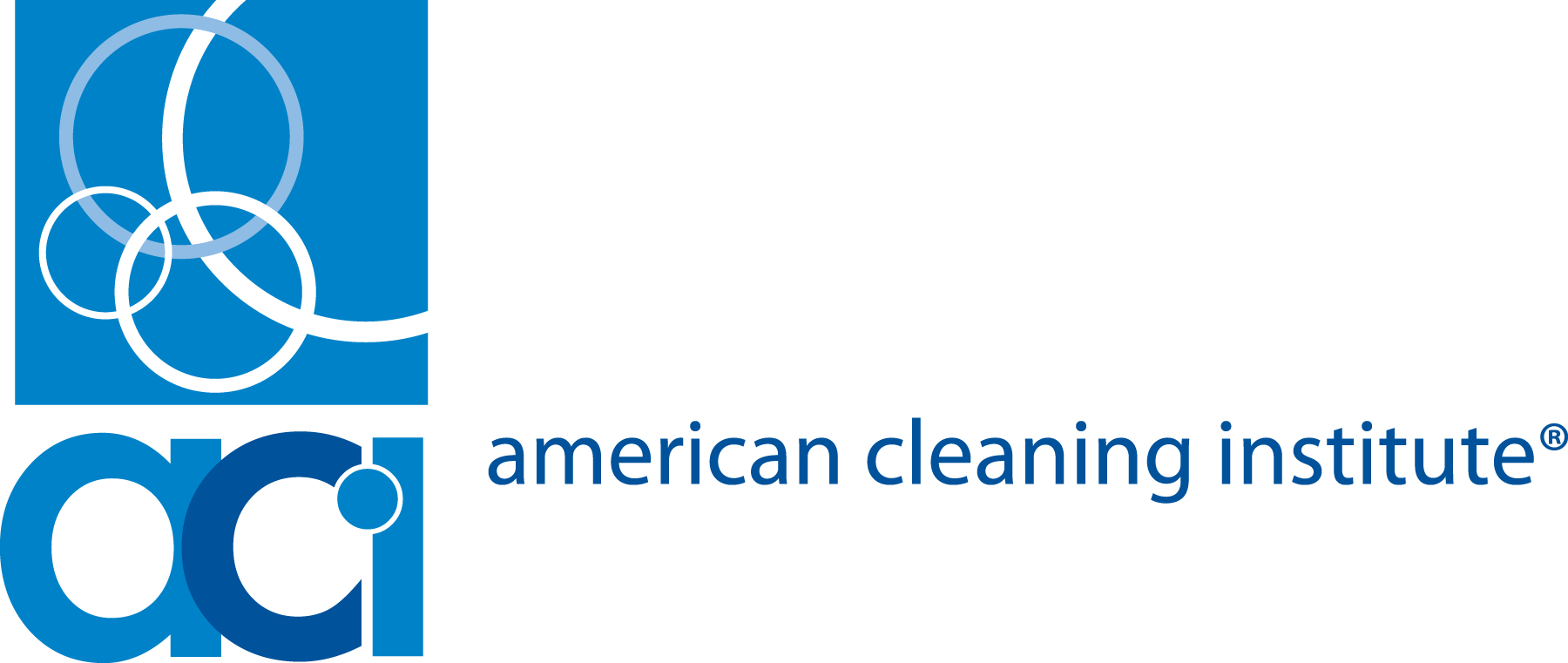Newswise — Glycerine-derived, eco-friendly biosurfactants and polymers " produced from renewable resources and quickly biodegradable " are getting their moment in the sun.
Researchers from the U.S. Department of Agriculture (USDA), who helped develop these new bioproducts, are the recipients of the 2008 Glycerine Innovation Award, sponsored by The Soap and Detergent Association (SDA) and the National Biodiesel Board.
The award was presented at the 99th Annual Meeting of the American Oil Chemists' Society in Seattle, Washington. Recipients received a commemorative plaque and a $5,000 honorarium. The SDA/NBB Glycerine Innovation Award recognizes outstanding achievement for research into new applications for glycerine, with particular emphasis on commercial viability.
Innovation Tackles the Glycerine Glut
With the expansion of the biodiesel industry, glycerine (a biodiesel co-product) continues to be produced in quantities that are in excess of historical levels. In order to help glycerine maintain its value and aid in biodiesel economics, researchers have looked for innovative ways to find new uses for glycerine.
Drs. Richard Ashby, Daniel Solaiman and Thomas Foglia work at USDA's Agriculture Research Service Eastern Regional Research Center (ERRC) in Wyndmoor, PA. They undertook a multidisciplinary approach to find new commercial uses for glycerine. Their research centers on bioprocessing " producing new biological materials.
By feeding glycerine to microbes, such as bacteria and yeasts, and allowing the microbes to use their natural genetic and enzymatic tools, the team successfully demonstrated that a number of value-added microbial products can be synthesized.
The team's research focused on two classes of bioproducts: biosurfactants known as sophorolipids and bacterial polymers known as polyhydroxyalkanoates (PHAs). Each bioproduct is considered to be "eco-friendly," as they are produced from renewable resources and can be quickly biodegraded upon disposal.
Biosurfactants Used in Auto-Dish Detergent, Cosmeceutical Formulations
Sophorolipids are biosurfactants that tend to gather where air and water interact and change the surface tension of water. The ERRC researchers found that sophorolipids can be produced in large quantities by using glycerol and/or other renewable feedstocks known as "fermentative substrates," on which the organisms can grow.
Sophorolipids are also known to possess antimicrobial activity and are currently used in "cosmeceutical" applications and automatic dishwashing detergent formulations. The ERRC process used crude glycerine, obtained from a biodiesel production plant, as the fermentation feedstock, thus alleviating the costly and energy-demanding downstream purification. In fact, the researchers found that the crude glycerine works better than pure glycerine to induce structurally distinct molecules for specific applications.
Glycerine-derived Polymers are Multifunctional
The PHA polymers, on the other hand, have widespread properties, ranging from hard and tough to elastic, depending upon the specific bacterial strain and the fermentation substrate used.
Because of the wide-ranging properties that can be achieved with PHA polymers, these polymers are currently used in many structural applications, including in such items as golf tees, disposable razor handles, credit cards, and bottles, to name a few.
The ERRC glycerol fermentation team continues to work on improving the cost-effectiveness of these and other related bioprocesses and on partnering with industry to develop the technologies for commercial production.
Sustainability in Action
"This is prime example of groundbreaking glycerine research leading to sustainable and viable commercial opportunities," said Kathleen Stanton, SDA Associate Director, Scientific Affairs.
"Through the development of new eco-friendly commercial uses for glycerine, the USDA is making an important contribution to our global environmental sustainability," said Steve Howell, NBB's Technical Director.
The Soap and Detergent Association (http://www.cleaning101.com), the Home of the U.S. Cleaning Product and Oleochemical Industries®, is the non-profit trade association representing manufacturers of household, industrial, and institutional cleaning products, their ingredients and finished packaging; oleochemical producers; and chemical distributors to the cleaning product industry. SDA members produce more than 90 percent of the cleaning products marketed in the U.S. The SDA is located at 1500 K Street, NW, Suite 300, Washington, DC 20005. Biodiesel is a clean burning alternative fuel that can be produced from domestic renewable resources. Biodiesel is non-toxic, biodegradable and helps reduce lifecycle greenhouse gas emissions. Based in Jefferson City, the NBB is the national trade association of the biodiesel industry and is the coordinating body for biodiesel research and development in the U.S. Its membership is comprised of biodiesel producers, state, national, and international feedstock and feedstock processor organizations, fuel marketers and distributors, and technology providers.
